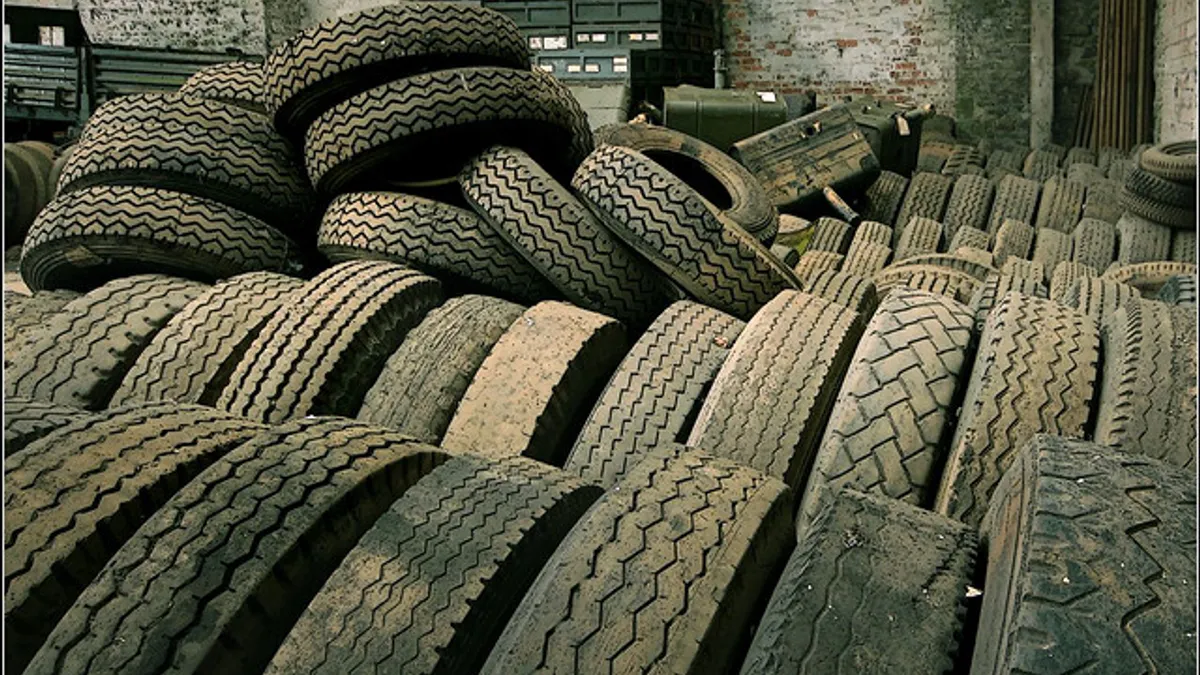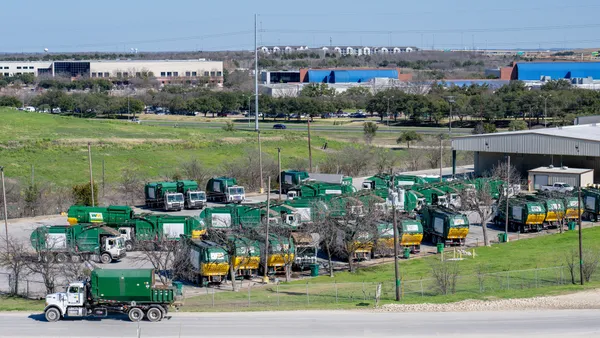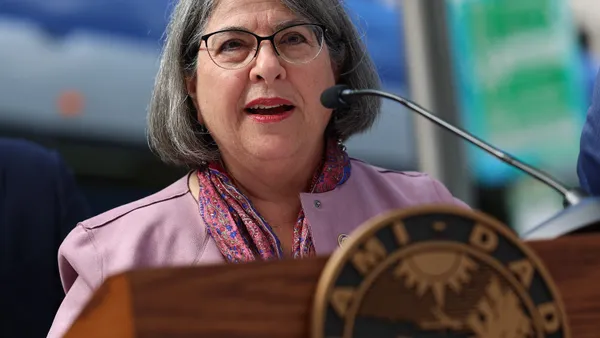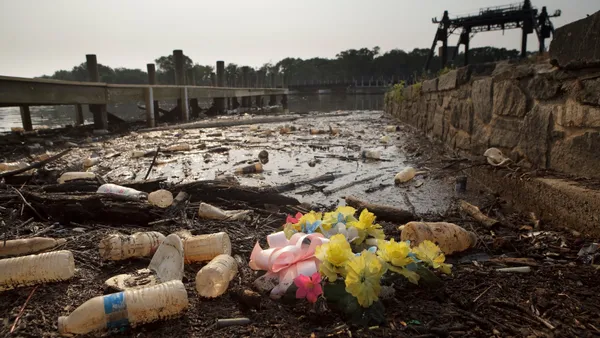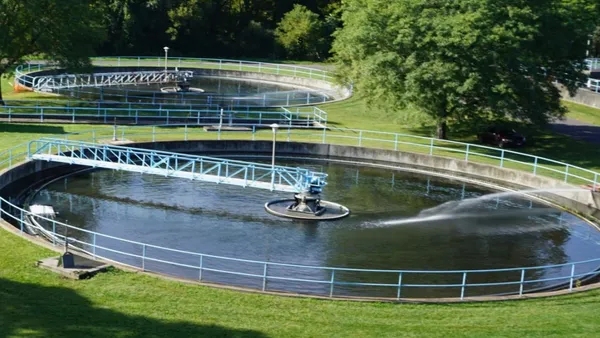Dive Brief:
- South Dakota's Board of Water and Natural Resources has made $650,000 in grants available to fight mosquitoes that could potentially spread the Zika virus this summer.
- Unlike West Nile-bearing mosquitoes, which prefer dirty ditch water, Zika-carrying mosquitoes often lay their eggs in the standing water in old tires.
- Most of the funding will be used to collect tires from landfills across the state. The Southern Missouri Regional and Vermillion landfills are seen as the highest priorities and will have access to $250,000. The Sioux Falls, Brookings, Mitchell, and Tri-County landfills will have access to a separate $400,000 if they provide 20% in local matching funds.
Dive Insight:
While no Zika-carrying mosquito species have been found in South Dakota, neighboring states have reported incidents. The virus causes severe birth defects in babies and 503 cases have been reported in the U.S. as of May 11.
The solid waste industry's sanitation function is often overlooked because of how modern and efficient the system has become, but it plays a crucial role in keeping the public safe. The County of Hawaii's Department of Environmental Management recently increased transfer station hours and tire collection efforts in order to slow the spread of mosquitoes carrying Dengue fever.
In an interesting reversal, Canadian researchers have also found that old tires can be used as mosquito traps. Their device, known as the "ovilanta," traps larvae and slows the spread of mosquito populations. The device can be made out of tire strips, a tube drain valve, fabric and a small amount of water. One tire can produce up to three devices. A study in Guatemala found the device to be seven time mores effective than standard traps. Tests have also been conducted in Mexico and may soon occur in Brazil and Paraguay.
"I think that if properly used, it can have a very strong impact on different diseases such as Zika, Dengue, chikungunya and yellow fever," Dr. Gerardo Ulibarri told the BBC. "If we all work together, maybe we can make a difference after all."



